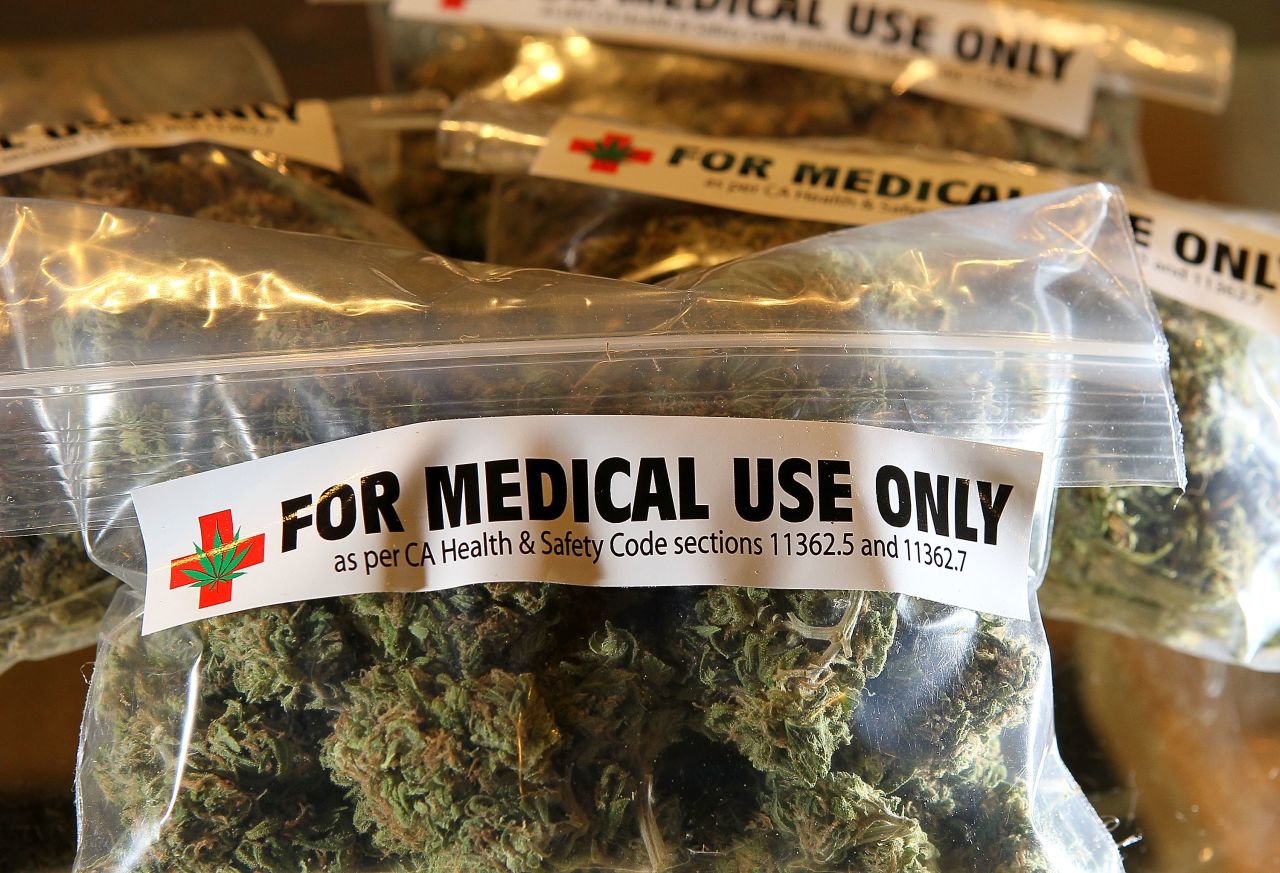Long-term or chronic pain is difficult to bear. The combination of persistent pain and clinical depression makes things extremely challenging.
The effects of depression on pain perception are profound. It’s a pain because it affects daily life. However, it is essential to be aware that psychotherapy and medication can help relieve chronic pain of this form.
Understanding Chronic Pain
In cases of chronic pain symptoms persist for far longer than would be expected from the underlying cause. Chronic pain can be caused by a variety of factors;
levels of stress chemicals that are significantly higher than normal
- lack of vitality
- Issues of the mind and spirit
- Sore muscles
- Mental and physical capabilities below average.
The heightened sensitivity to pain brought on by these physiological shifts is a major contributor to the worsening of chronic pain. You could start to feel pain in areas that were previously fine.
It has the potential to wake you up in the middle of the night. Experiencing this can leave you feeling exhausted and less motivated to get things done during the day.
See also: Managing Chronic Nerve Pain for Better Sleep
Constant suffering might make you short-tempered and irritable, making interpersonal relationships challenging. This can all feel overwhelming if you’re also a full-time parent or worker. As a result, you may experience increased irritation, despair, and even thoughts of suicide.

Chronic Pain – The Result
People who live with chronic pain often struggle with depression. It can further aggravate a patient’s existing medical disorders and their management. Take a look at these numbers:
- There are over 32 million persons in the United States who have reported experiencing pain for more than a year, as reported by the American Pain Foundation.
- Depressed mood affects anywhere from one-fourth to more than half of those who visit doctors to complain of pain.
- Sixty-five percent of depressed patients report physical discomfort.
- Those who suffer from chronic pain and are unable to perform daily activities on their own may experience an increase in depression.
A major barrier to treating depression in patients with chronic pain is that it is often misdiagnosed. Most people see a doctor because they are in pain. Depression, along with its accompanying sleep difficulties, loss of appetite, low energy, and reduced physical activity, can exacerbate existing pain.
Is there an Existing Cycle?
Everyone has a different emotional reaction to pain. Anxiety, impatience, and agitation are common side effects of being in pain. When you’re hurting, those are all natural reactions. The stress response typically lessens along with the pain.
However, if you suffer from chronic pain, you might be on edge all the time. Negative feelings typically linked with depression might develop as a result of stress if it persists over time. These are some of the issues that people who suffer from both chronic pain and depression face:
- Change in disposition
- Anger
- Persistent feelings of dread
- Relational tensions in the family
- Fatigue
- Concern about Physical Harm
- Worries about money
- Loss of fitness and stamina
- Disturbed sleep
- Isolation from others
- Excessive or inadequate weight gain
- Issues at the Office

Why Do They Overlap?
Some of the neurotransmitters (brain chemicals that function as messengers between neurons) are shared between depression and chronic pain. Some of the same neural circuits in the brain and spinal cord underlie both depression and chronic pain.
The negative effects of chronic pain on daily living might further exacerbate feelings of despair. Loss of physical activity, sleep, social support, friends, romantic partners, sexual partners, and even a career and source of income are just some of the devastating consequences. In those already predisposed to clinical depression, these setbacks can deepen their sadness.
As a result, the pain becomes more intense and you have less resilience to deal with it. Keeping active to alleviate stress becomes a daunting task.
Chronic pain sufferers who also experience depression have been studied in relation to individuals who suffer from simply chronic pain. Those that possess both have stated:
● Increased suffering
● The ability to shape their own destiny is diminished
● More negative methods of dealing with stress
Oftentimes, treatment for both chronic pain and depression is administered simultaneously. Both can be enhanced by certain drugs.
Does a ‘Whole Life’ Strategy Exist?
A person’s entire life can be altered by the presence of chronic pain and despair. Therefore, a comprehensive therapy plan takes into account all the ways in which you’ve been impacted.
It stands to reason that there would be some degree of chronic pain treatment overlap between the two illnesses given their close relationship.

Will Antidepressants Work for Both?
Certain antidepressants are commonly used to treat both chronic pain and depression since they can involve the same neurons and neurotransmitters. Many antidepressants have been shown to lessen the intensity of felt pain.
Tricyclic antidepressants, such as amitriptyline HCL (Elavil) and nortriptyline, have a large body of research supporting their efficacy (Pamelor). They can be quite helpful in relieving neuropathic pain, which originates in the nervous system and includes conditions like migraines, herniated discs, and other spinal nerve root issues.
However, their negative effects have led to their decreased prevalence. On the other hand, recent antidepressants such the serotonin and norepinephrine reuptake inhibitors (Cymbalta, Effexor) appear to be effective, typically with fewer adverse effects.
What Advantages Does Physical Activity Provide?
Most folks in constant pain don’t work out. However, if you neglect your fitness, you open yourself up to greater damage and discomfort. In order to create a workout routine that is both healthy and appropriate for you, it is recommended that you see your doctor.
Working out at the gym has been shown to reduce feelings of depression by stimulating the production of the same neurotransmitters that are targeted by antidepressant drugs.
Should You Talk About it?
A key component of cognitive therapy for chronic pain is teaching patients to recognize and challenge their own destructive “automatic thoughts.” These tend to be skewed versions of the truth. If you spend time with a therapist, they can show you how to alter your cognitive processes and thereby improve your mood.
It’s been shown to help with anxiety and sadness as well as chronic pain. If you suffer from chronic pain, your quality of life, including your job and leisure time, will suffer. That may alter your perception of oneself.
It’s essential to get moving and assume responsibility for your own life. It is crucial to choose a doctor who will not allow you feel sorry for yourself.
Effectively Managing Chronic Pain and Depression
Consult a pain management expert or your primary care physician to formulate a treatment strategy. Working with a doctor is especially important when dealing with both chronic pain and depression.
Consider that the best plan for pain management will likely consist of several components as you design a strategy.
There are organizations and websites that can provide assistance. Don’t give up on the plan until you’ve got the pain and depression under control and can get back to doing the activities you love. Look for a local cognitive therapist who specializes in chronic pain.
Finally
For more information on chronic pain management, pain disorders, chronic pain resources, psychogenic pain, effective chronic pain treatment options or other physical therapy, you should book a consultation session with a specialist at Chronic Therapy today, to give you professional advice that will suit your personal experience.
Also, for people with chronic pain who are constantly worried on how to treat chronic pain or get their chronic pain treated, our specialists at Chronic Therapy have made huge success over the year in recommending reliable resources to manage chronic pain from nerve pain or any other developing chronic pain conditions.



